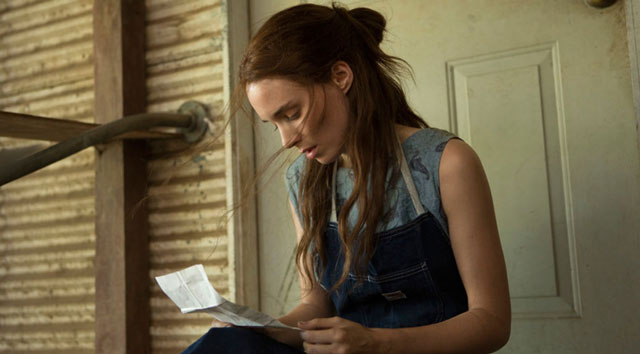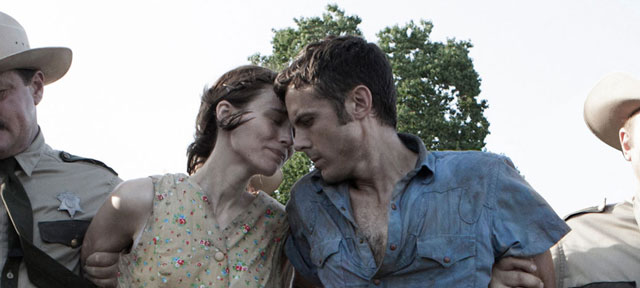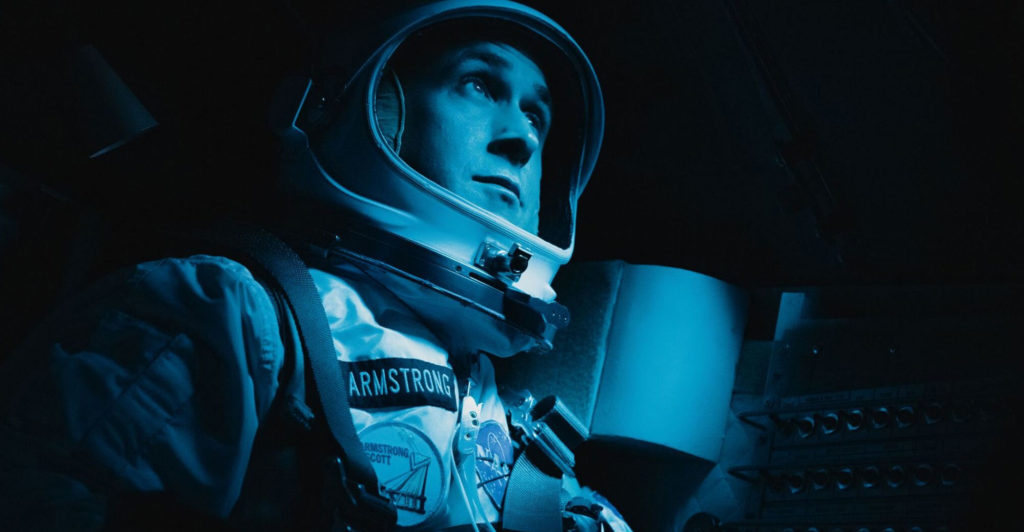
With Ain’t Them Bodies Saints, director David Lowery set out to create a film that would make the audience “feel like they’ve just heard an old folk song that they’d never heard before”. The notes of his ballad of doomed love are as stirringly familiar as he had hoped — yet they’re arranged and performed in a way that makes them feel utterly contemporary at the same time.
Ain’t Them Bodies Saints has a plot as timeless as a classic Western or a 1950s pulp novel. It follows the fortunes of Bob Muldoon (Casey Affleck) and Ruth Guthrie (Rooney Mara), Bonnie and Clyde-style outlaw lovers on a crime spree in the Texas of the 1970s. During a shootout with lawmen, Ruth clips a local cop with a bullet and the third member of their crew is killed.
Bob takes the rap for the pregnant Ruth and is sentenced to a 25-year incarceration. But he escapes prison and sets out to reunite with Ruth and his four-year old daughter. Meanwhile, Ruth is being gently wooed by Patrick (played with a sad soulfulness by Ben Foster), the good-natured lawman she wounded in the gunfight that ended her and Bob’s criminal careers.
Lowery imbues the telling of this tale with such aching lyricism that it transcends its genre. Like the films of its clearest influence — 1970s New Hollywood director Terrence Malick — Saints seems to care less about plot and incident than it does about mood and character. Saints is fleetingly beautiful and impressionistic, leaving many key plot points blank for the audience to fill in. It’s a languid late afternoon of a film, one that stretches lazily in long takes and meaningful pauses.
The bank robberies, showdowns and prison breaks that would usually be the big action set pieces of such a film are dealt with cursorily, when they’re depicted at all. The texture of life matters more to Lowery than the way the events unfold. The languorous pace and the sensuous golden hour lensing in Bradford Young’s cinematography are reminiscent of Malick’s Days of Heaven and Badlands, but Lowery is kinder to his characters. Lowery is more sentimental — perhaps it’s even fair to say, more naïve — than his role model.
Bob, sensitively underplayed by Affleck, and Ruth, performed with Mara’s usual quiet intensity, are young adults still playing cops-and-robbers, much like the couple in Badlands. But unlike Martin Sheen’s shiftless, sociopathic garbage collector in Badlands, Bob is an idealist who doesn’t really have the stomach for violence that his vocation would suggest. He’s a man with a gift for romantic self-mythologising, who is uncomprehending when reality intrudes in his fantasies.

Mara’s Ruth, haunted by the secret of her role in the gang’s crimes, could also not be more different from the blank, impressionable teen played by Sissy Spacek in Badlands. Her eyes give little away, but one senses that she’s wiser and tougher than the wistful Bob. Ruth is tragically torn between the possibility of a stable life for herself and her daughter — represented by the kind Patrick — and the lure of her fevered, impassioned relationship with Bob.
Keith Carradine makes a welcome appearance as a mysterious surrogate figure for Bob and the biological father of the couple’s criminal accomplice.
Lowery is an editor with numerous credits, so it’s not surprising that there’s a lot of artistry in how the film is cut together. The closing moments are especially moving, with the romantic myths of the past, the grim reality of the present and a lost vision of the future woven together into a single, elegant strand.
Though some viewers will be frustrated by the lack of action and the slow pace, Saints is mesmerising, and haunting. Lowery’s film “about archetypes who get worn down by time and turn into real people” may owe much to the New Hollywood, but it’s also a film with distinct vision that promises great things for his career. — (c) 2014 NewsCentral Media
-
Ain’t Them Bodies Saints opens in South Africa on 1 May
- Read more reviews by Lance Harris




